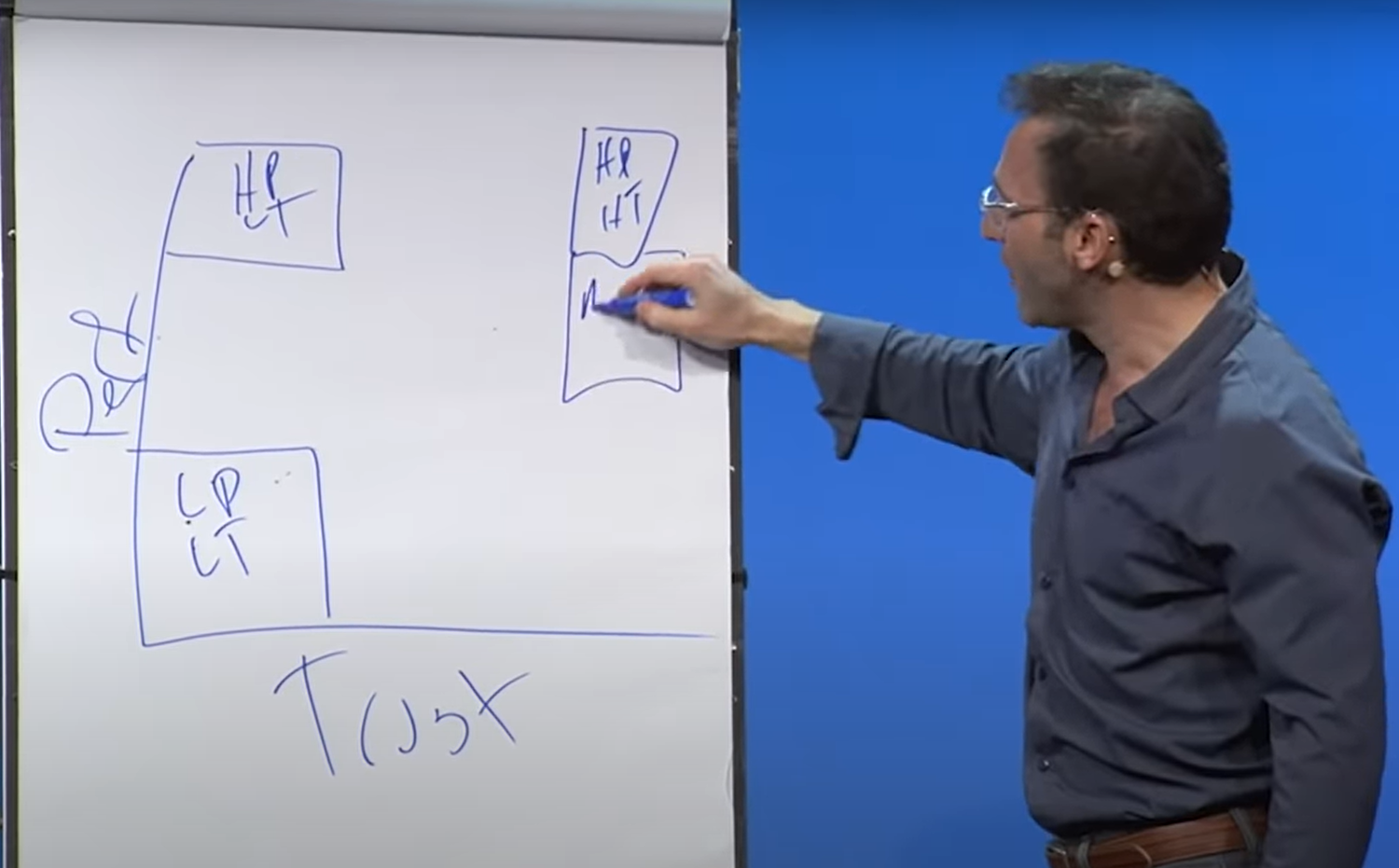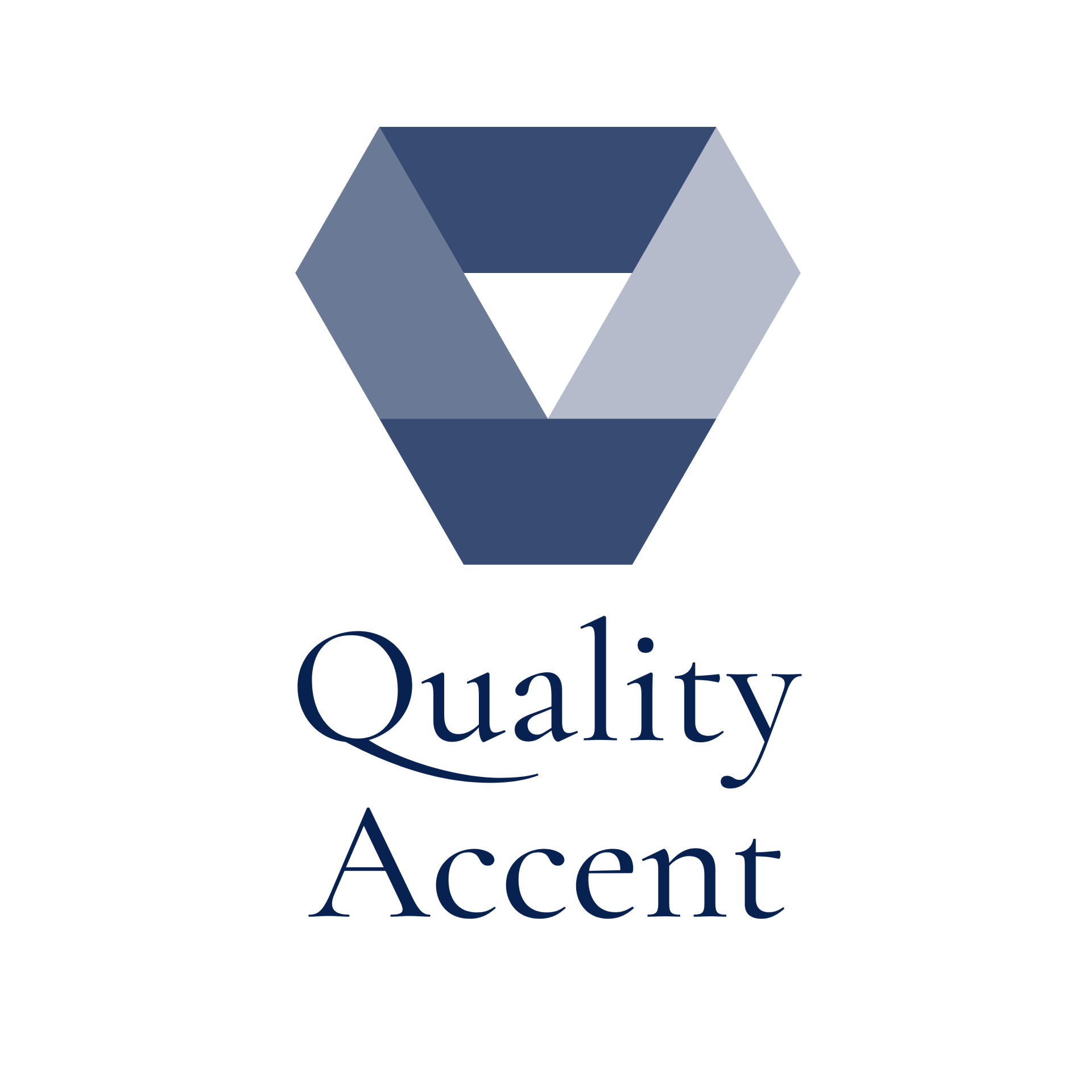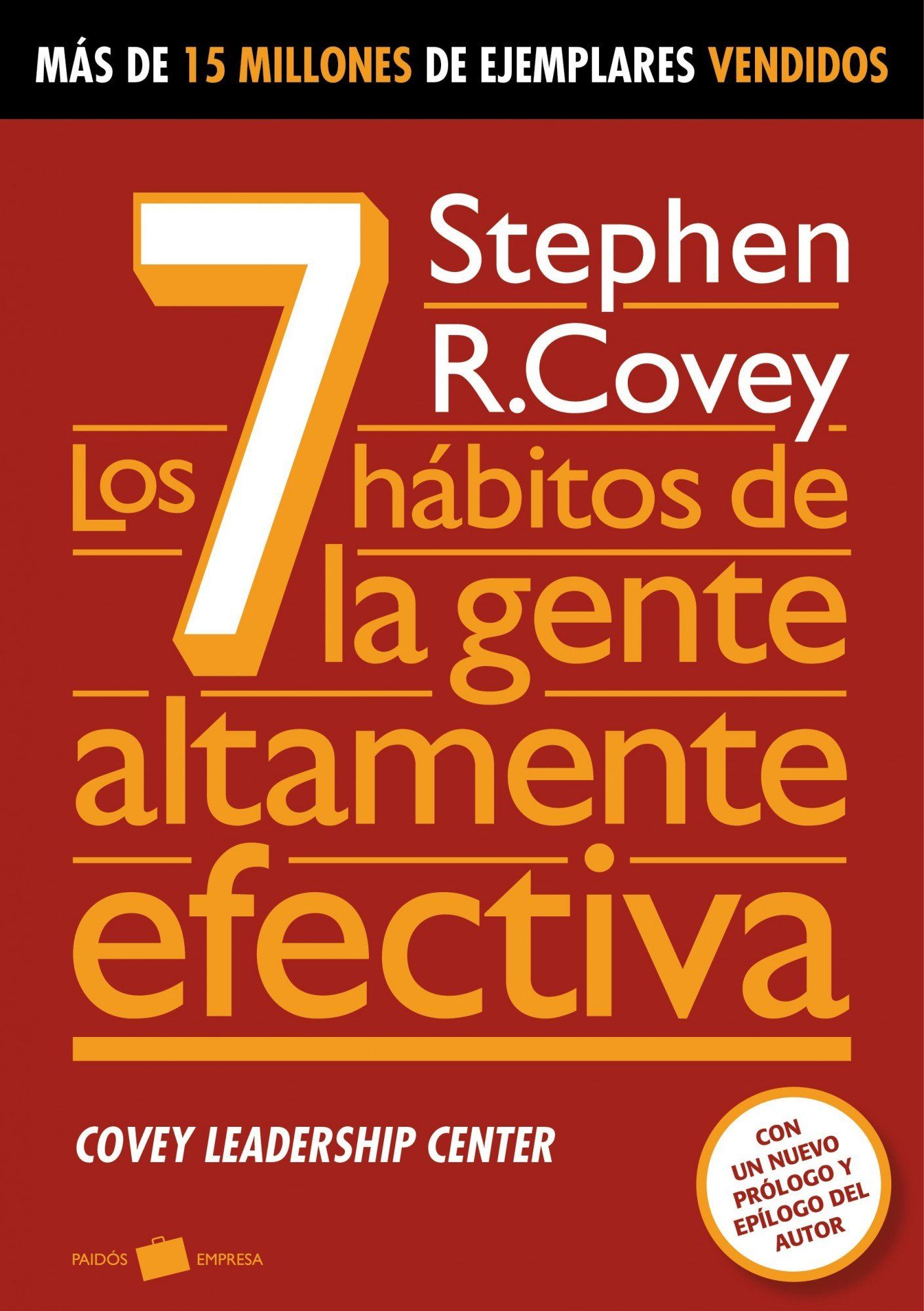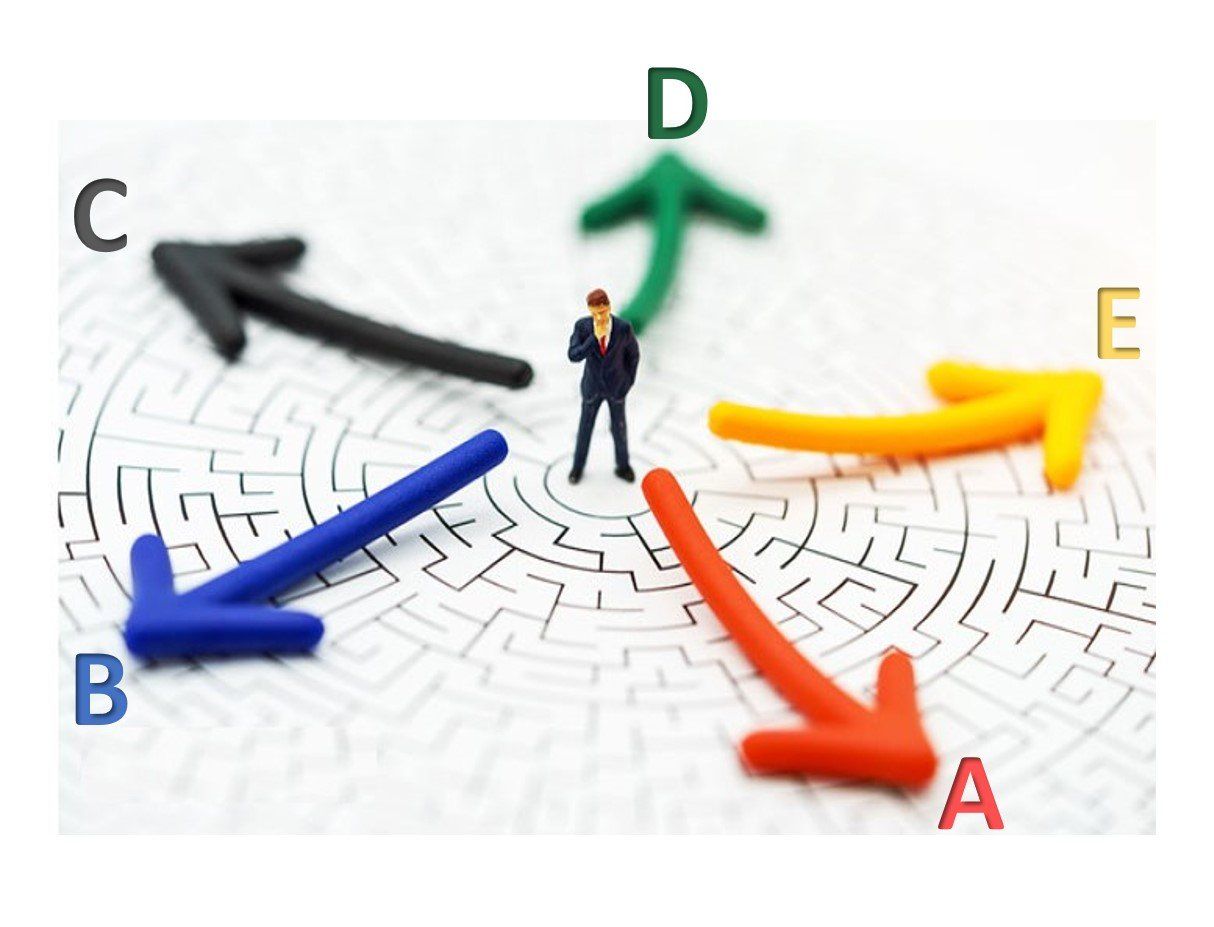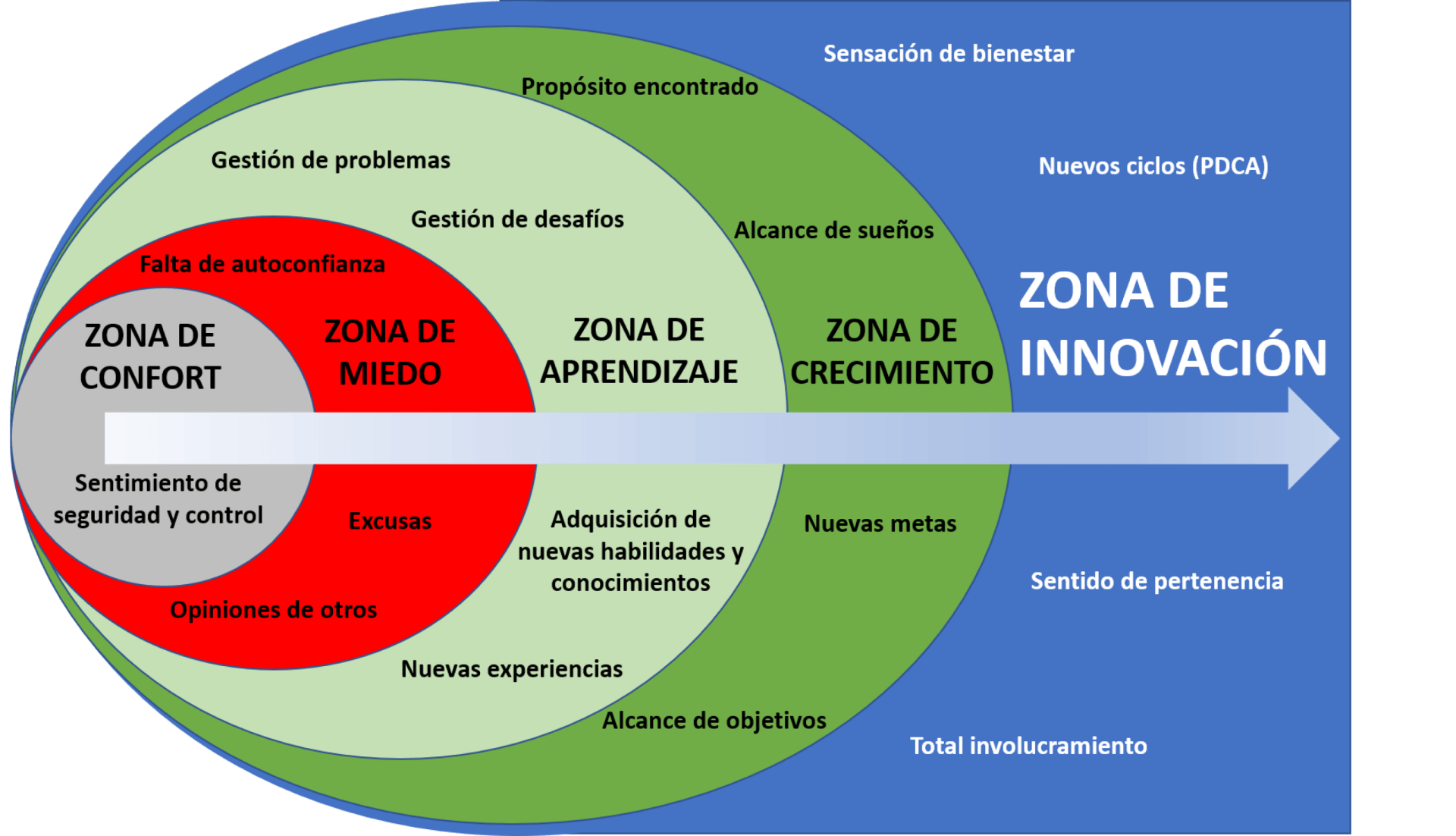Entendiendo la Innovación
Cuando nos enfrentamos a una creciente incertidumbre nuestro impulso natural es evitar el riesgo a toda costa. Lo que realmente necesitamos hacer es enfrentar el riesgo y administrarlo de manera efectiva.
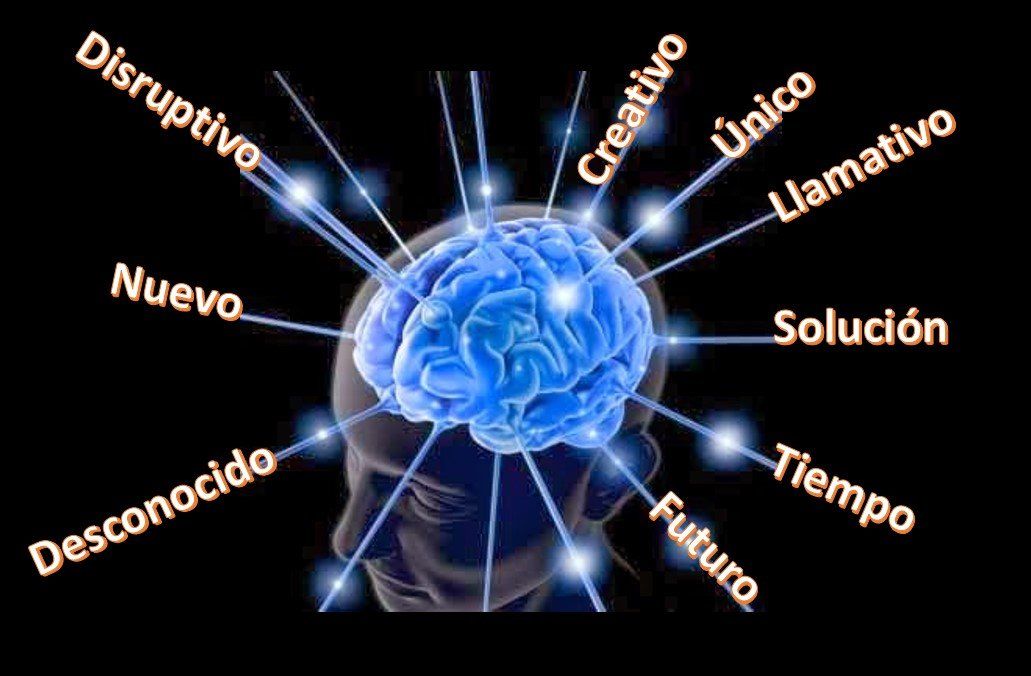
La Innovación es…..
Navegar por la ola de cambio
Crear el futuro
Generar una disrupción creativa
Encontrar una aguja en un pajar de ideas
Ver el mundo como si fuera nuevo
Imaginación estructurada
Tener personas implementando nuevas ideas que crean valor
Avanzar en una dirección de mejora continua
Crear procesos ganar-ganar
La innovación requiere…..
Obtener nueva información
Una visión clara y sencilla enfocada en el cliente
Tiempo para pensar, generar y hablar sobre ideas
Visión, misión, valores, pasión, coraje y persistencia
Diversidad de pensamientos, experiencia y competencia
Integridad, confianza, honestidad
Estructura y disciplina
Apoyo de la alta dirección
La innovación se alimenta de …..
Grandes retos
Momentos emocionales
Curiosidad, competencia y diversión
Información compartida
Colaboración
Libertad para explorar
Un flujo interminable de ideas
La innovación es…..
Romper el pensamiento convencional
Arriesgar, donde la recompensa siempre llega y la emoción está en el riesgo
Sin riesgo no hay innovación
La gestión por medio de reportes financieros mata la creatividad
No hay nada más arriesgado que no innovar, con la posible excepción de la innovación confusa de algo que no logre crear valor, los equipos son el centro de las actividades de innovación, las recompensas han pasado de lo personal y monetario a enfocarse en el equipo y a la celebración.
Las herramientas para la innovación y el pensamiento creativo son ampliamente accesibles , el mundo ha cambiado y el suelo bajo nuestros pies ya no se siente tan sólido, el reto ahora es vivir y prosperar en el nuevo mundo donde la demanda es una mayor innovación.
Cuando los valores fundamentales son verdaderamente incorporados hacen que lo imposible sea posible.
Share
Te Recomendamos / We Recommend
